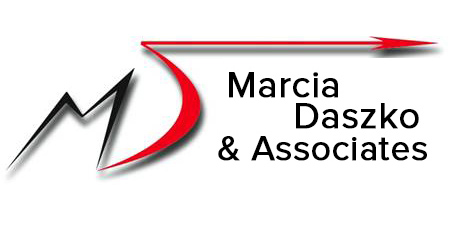Marcia's Leadership Q&As: What are your leadership questions?
/Q. I’ve run teams and my business for years. People recommend I get a coach. How do I know if I need one?
A. You’ve “run teams and a business.” Essentially, you’ve been a leader, facilitator or coach. But how good have you been? How did you keep improving your leading and coaching? Getting a fresh outside perspective on how you do what you do and how you can be more effective is important in life and work.
I spoke once to a successful entrepreneur; in a short chat, he discovered new ideas and ways to look at his business. At the end of the conversation he said, “Oh, I thought I had a successful business, but now I wonder, how much more successful could I have been?” It’s a powerful question. Even if you think you’re doing well, how much better could you be?
Leadership is more than getting a coach or adopting a checklist of leadership traits.
The articles that headline: “Six Tips of a Leader” or Three Things CEOs Do Daily” are so superficial. Leadership takes knowledge about how to optimize systems and develop people. And it takes courage with that knowledge. Being a great leader means committing to continually learning and listening. Leaders can make changes (change management—another fad.)
But great leaders transform themselves and their organizations by seeing through a lens of strategic, systems and statistical thinking. That’s what a knowledgeable coach can bring you—with the questions to guide the implementation of new concepts. If a coach doesn’t understand that, you’ve met a hack with superficial ideas. As resources, excellent leadership books may not be some of the bestsellers by known names—they are selling the sizzle, not the steak.






